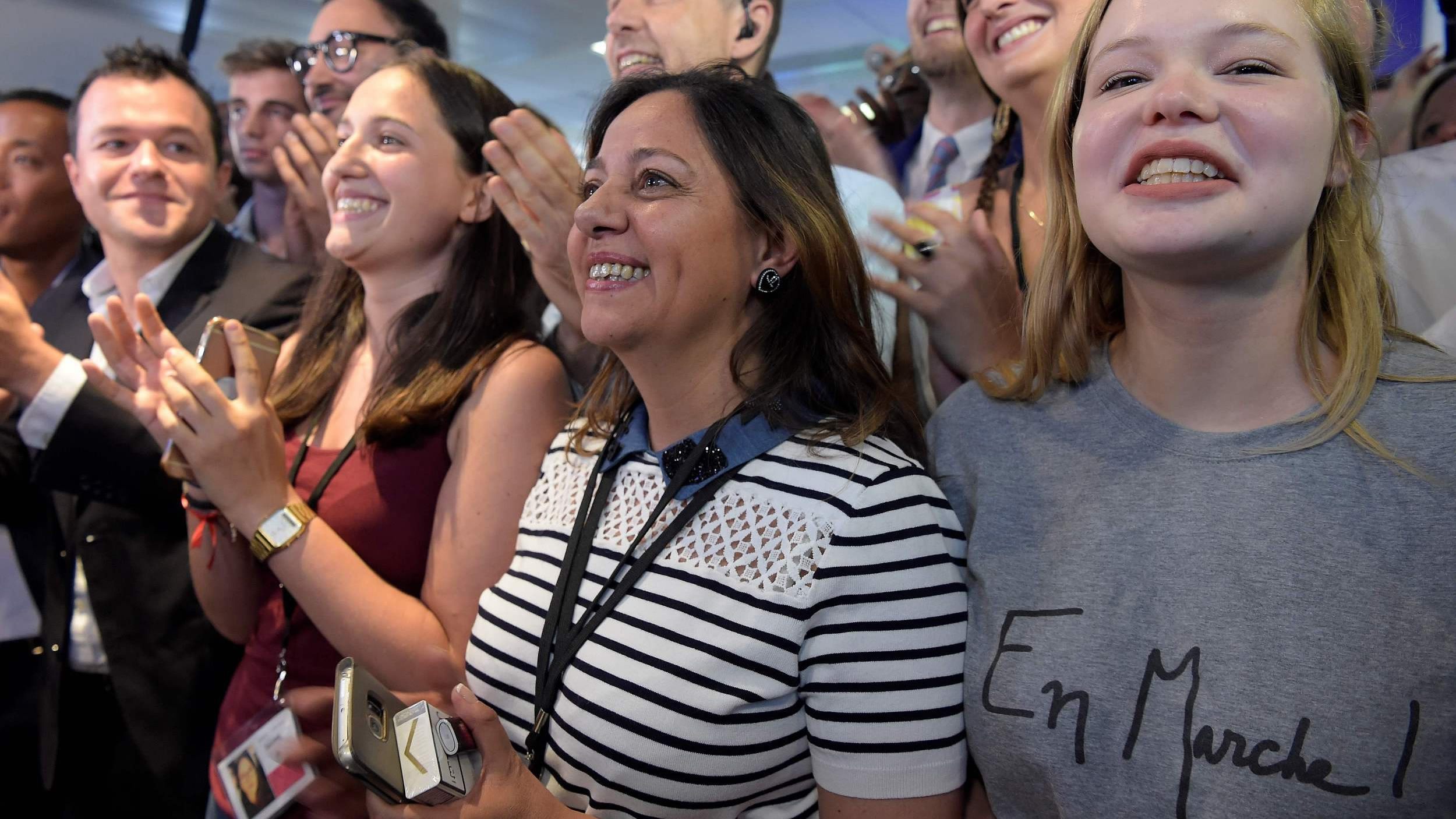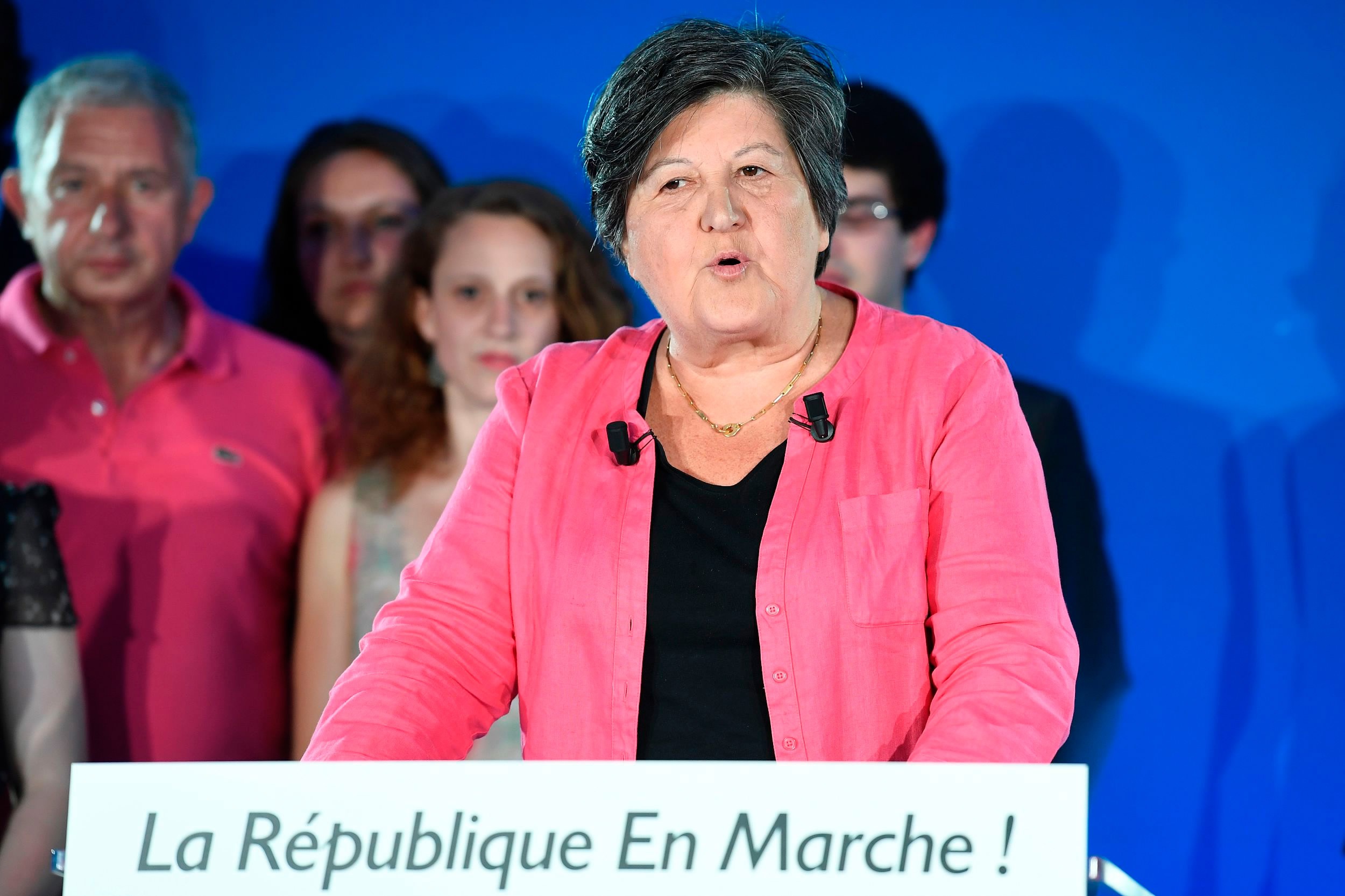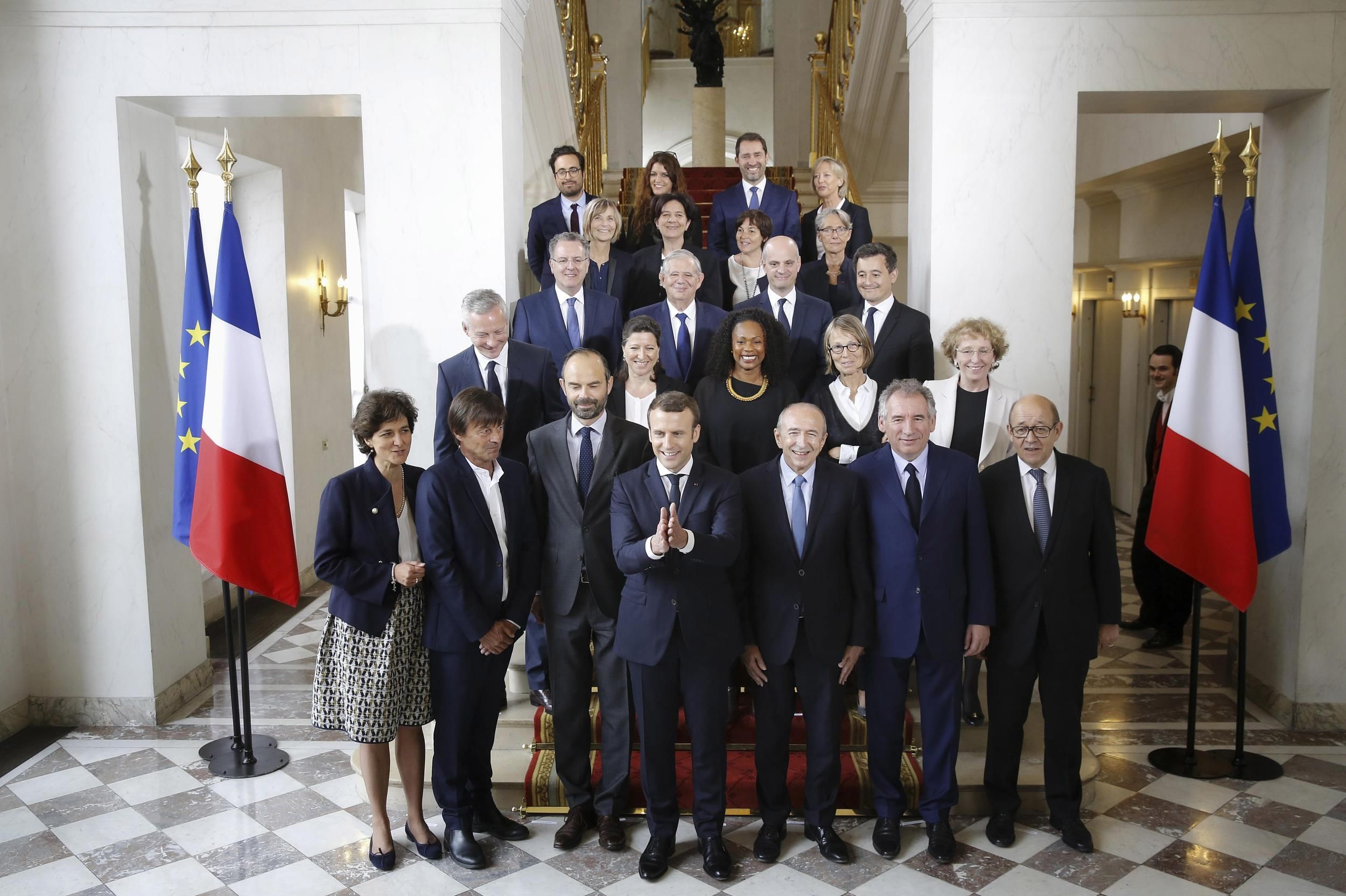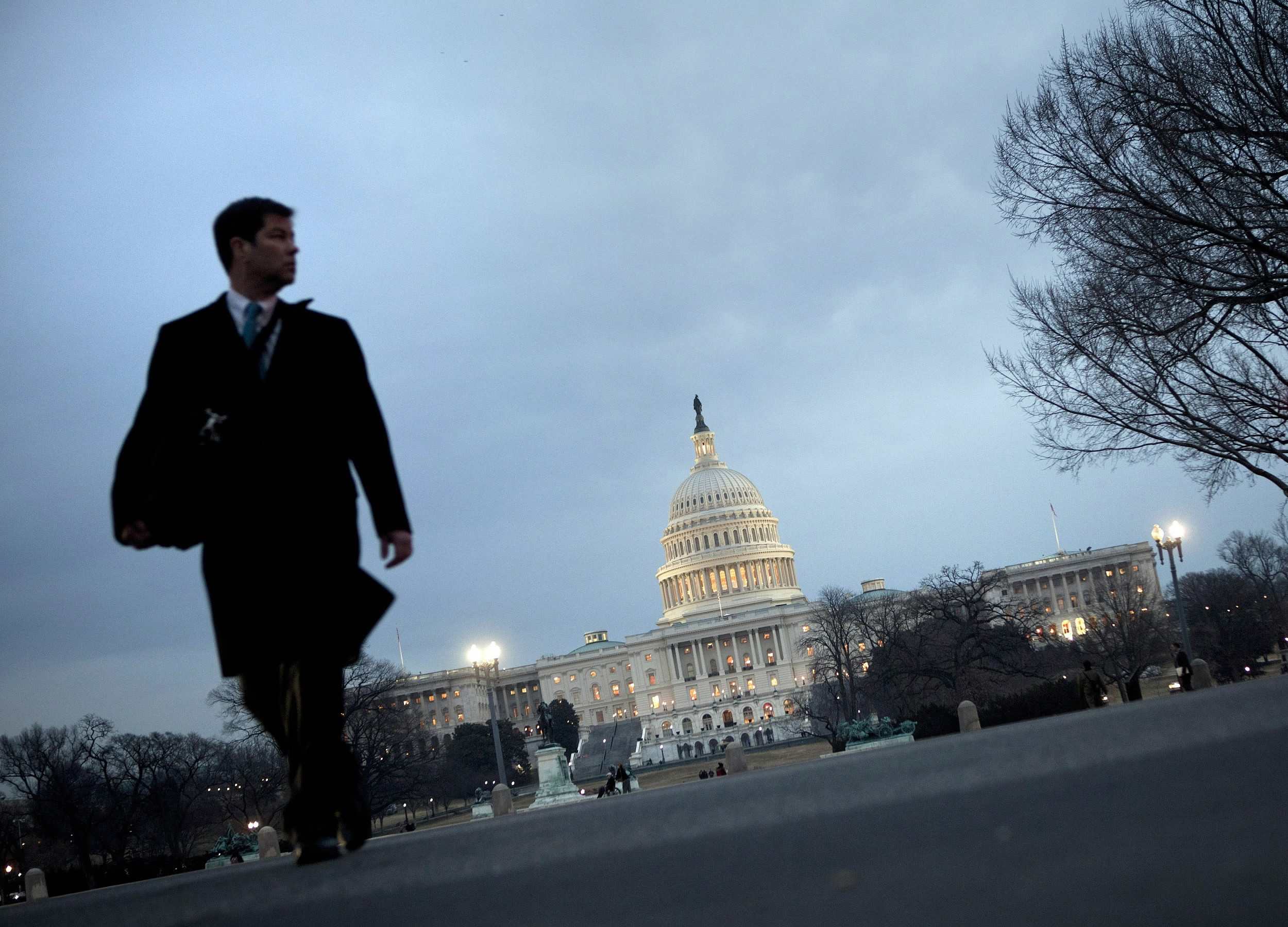
Politics
17:26, 19-Jun-2017
French legislative elections: Women en marche!

While French President Emmanuel Macron was celebrating winning an absolute majority in legislative elections on Sunday, another victory was also being praised. French voters have elected a record 223 female deputies to the National Assembly, representing 38.65 percent of the entire legislative body.
While still falling short of absolute gender parity, these 223 deputies represent a giant stride for French and European politics. Less than 25 years ago, in 1993, only 6.1 percent of National Assembly deputies were women.

La Republique en Marche! acting president Catherine Barbaroux delivers a speech after Sunday's election results indicated a big majority for the party. /VCG Photo
La Republique en Marche! acting president Catherine Barbaroux delivers a speech after Sunday's election results indicated a big majority for the party. /VCG Photo
Macron has promised to revolutionize French politics, and prior to his presidential inauguration, he surprised the French establishment by revealing 428 of his Republique en Marche (REM) candidates for the legislative election – 214 men and 214 women.
Following Sunday’s vote, more than 46 percent of REM’s representatives in the National Assembly are female, with a similar proportion for Macron’s allies the Democratic Movement. In contrast, only 23.9 percent of the conservative Republicains’ deputies are women.

President Emmanuel Macron and Prime Minister Edouard Philippe with the cabinet, made up of 11 men and 11 women. /VCG Photo
President Emmanuel Macron and Prime Minister Edouard Philippe with the cabinet, made up of 11 men and 11 women. /VCG Photo
Compared to recent elections in the UK and the US, France has moved a step closer to achieving gender parity in politics. The cabinet, announced in May, is made up of 11 men and 11 women.
The UK currently has a female leader in Prime Minister Theresa May, and although the latest election on June 8 broke the record for the highest number of elected female Members of Parliament, the country still lags behind France, with women making up 32 percent (208 of 650) of MPs. Again, there is a noticeable difference between progressive and conservative parties – 45 percent of Labour MPs are women, compared with 21 percent of Conservative MPs.
The November 2016 elections in the US may have shocked the world with Donald Trump’s victory, but there were no surprises in the lack of progress made on gender parity in the House of Representatives, with only 19.4 percent of seats going to women. The Senate does not fare much better, with women only making up 21 percent of members.

Men continue to dominate US politics. /VCG Photo
Men continue to dominate US politics. /VCG Photo
In China, the most recent National People’s Congress (NPC) saw a record high of 699 female deputies out of 2,987, representing 23.4 percent of the NPC. In 2007, a non-compulsory guideline of giving at least 22 percent of NPC deputy seats to women was introduced. Ahead of elections for the upcoming 13th NPC, Xinhua reported in March that more seats would be allocated to female deputies.
While France has made impressive strides, it still has a long way to go to match the achievements of other countries. According to the United Nations Entity for Gender Equality and the Empowerment of Women, Rwanda and Bolivia have both broken through the 50 percent barrier for female representation, with women making up 61.3 and 53.1 percent of current lower house politicians respectively.

SITEMAP
Copyright © 2018 CGTN. Beijing ICP prepared NO.16065310-3
Copyright © 2018 CGTN. Beijing ICP prepared NO.16065310-3